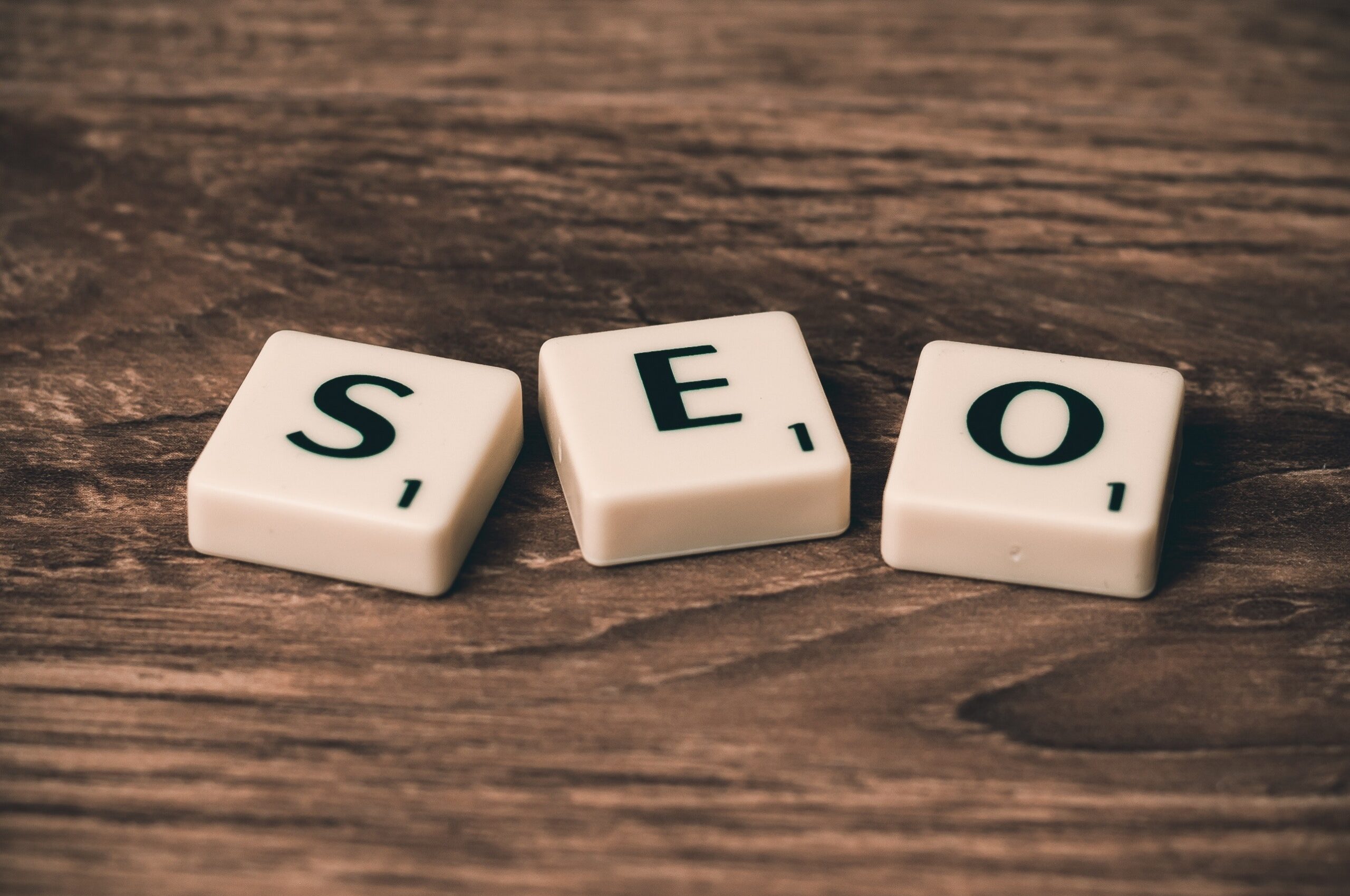Local SEO is the focus of a lot of online marketing efforts. It’s no surprise; with more and more people using Google, Facebook, and other search engines for local searches, you need to be on top of your game if you want to rank highly in these results. To do this well, though, you’ll need some serious expertise—and we can help! Our team has been working with clients like yours since 2009 on their local SEO strategies so that they can rank higher on Google’s search results pages (SERPs). Here are some tips on how we can help:

What is Local SEO?
Local SEO is a type of search engine optimization that focuses on your business’s local area. It’s different from general search engine optimization (seo), which focuses on optimizing for specific keywords and phrases in the overall pool of results. Local seo is important for businesses that want to attract customers in their local area, as well as increase foot traffic from those who already live there.
Local SERPs are also known as “organic” searches—meaning they occur organically by people searching for something related to what you do or sell. Organic traffic will typically come from direct visits from users looking at your website, rather than paid advertising or social media posts (though those can help).
Does Your Business Need a Local SEO Strategy?
You might be wondering if your business needs a local SEO strategy. The answer is yes! Local SEO is a good way to build trust with customers and get found by people in your area. This can help you get more customers, sales and leads for your business.
If you run an ecommerce store or service business, then having a strong local presence on social media will also help drive conversions on those sites so that they convert more effectively than just displaying the same ad over and over again until something clicks (which is why we recommend using Facebook Ad Manager).
How to Get Your Website Ready for Local SEO Success
You can get a head start on your local SEO campaign by making sure your website is mobile-friendly, which will allow it to appear in the search results of mobile devices. If you already have a website, make sure that you’re using Schema markup so search engines can understand the content of your site. This helps them rank websites higher in local searches because they know what keywords are being used and how they relate to each other.
Make sure that every page of content on your site contains at least one keyword from each category listed below:

How to Create the Perfect NAP (Name, Address, Phone Number) Listing
A NAP listing is a way of listing your business on search engines such as Google, Bing and Yahoo. In order to get a good ranking in local search results, you need to have a NAP (Name & Address) Listing.
A NAP listing consists of three parts:
- The business name – This should be the primary keyword for your business. If people are searching for “hair salon” then they will see your salon listed first when they search Google or any other major search engine like Bing or Yahoo!
- The physical address where you operate out of (this includes both street address and city/state/zip code) – People need this information if they want to visit physically but also if they’re looking at maps or driving directions
- The phone number associated with each location so customers can reach out directly if needed
Local SEO Keyword Research and Selection
The first step in creating a winning local SEO strategy is to find the keywords that people use when they’re searching for your business. These are known as local search keywords, and they can help you rank on Google Maps.
Local SEO Keyword Research and Selection
To get started with keyword research, use tools like Google Trends or Search Metrics to see which terms are most commonly searched for by people looking for services similar to yours in different areas of town (or country). Then take this list of terms and run them through our free Local SEO Keyword Tool so we can give you an idea of what kinds of words might be relevant for each page type on your website—and whether those words make sense together!
How to Optimize Your Website for Local SEO
You’ll want to make sure that your website is optimized for local SEO. Here are some of the most important things you can do:
- Meta tags – The meta tag is the first thing Google looks at when determining if a page should be indexed. It’s where you put information about your site such as its title and description, which helps people who search online know how useful it is before they visit it.
- Title tags – The title tag should include keywords related to what people would search for in order to find similar content from yours (for example “local SEO strategy”). You may also want to include keywords that relate specifically towards keywords used by other sites within your industry or location area if there’s overlap between them (such as “SEO”).
- Meta descriptions – These are text-based summaries of each page on your site which serve as an incentive for visitors who click through from search results pages; they provide more context than just titles alone due their ability both inform users about what kind of content lies behind each link while also giving potential customers insight into whether or not they might enjoy reading further after clicking through those links based on how well written these descriptions were.”
Leverage Link Building for Local SEO
If you want to build a successful local SEO strategy for your business, link building is an essential part of the process. It’s also important for SEO in general, as it helps increase traffic and visibility on search engines.
To help you get started with link building in the right direction, here are some tips:
- Focus on quality rather than quantity. While there are many ways to do so (e-mailing or texting people who have visited your site or business), we recommend that you focus on one thing at a time—for example: asking them if they would like to see more from your company; sending them an offer they can’t refuse; etc. The key point here is that each step should be focused on creating long-term relationships with potential customers rather than just trying to acquire new ones right now through short-term marketing tactics such as paid advertising campaigns or coupons etc…
Use Reviews and Listings to Gain Trust with Customers and Google
Reviews and listings are the most important factors for local SEO. Reviews help you build trust with customers, while listings help you grow your customer base.
Reviews are a great way to get customers to trust your business. They show that other people have tried your product or service and liked it, so they’ll feel confident in doing business with you too.
Listings give potential new customers information about where they can find what you offer nearby—and what kind of experience those businesses provide!
Refine Your Strategy with Analytics and Measurement
Once you’ve identified the top five or so competitors in your industry and have a good idea of where they rank, it’s time to refine your strategy.
Analytics can be a big help here because they’ll give you an idea of how effective each component of your local SEO campaign is at driving traffic and conversions.
Here are some things to check out:
- Which keywords are performing well? This can be helpful when choosing which keywords should be included in future campaigns. For example, if one keyword has performed well but another hasn’t yet been optimized for yet (or never will), it might make sense not to waste resources on it until after more research has been conducted into whether there’s room within the overall strategy for this particular keyword or not—and what kind(s) of content would work best with it.”
With a solid local SEO strategy in place, you can boost your Google rankings.
With a solid local SEO strategy in place, you can boost your Google rankings.
Local seo is not just about getting more traffic or traffic from the same location as your competitors, but instead it’s all about getting more customers and converting them into sales. That’s why it’s critical that you optimize your site for local searches based on what people are searching for in their area.
The bottom line is that local SEO is an incredibly important part of your strategy—and it can be a huge help in getting more customers and more sales. If you’re ready to get started on your own local SEO strategy, we hope this article has given you some ideas about how to go about it. Keep in mind that if you have any questions at all about local SEO or other aspects of digital marketing, our team would love to help! Just give us a call (or use the live chat feature on the right) and we’ll be happy to discuss what needs addressing most urgently for your business today.